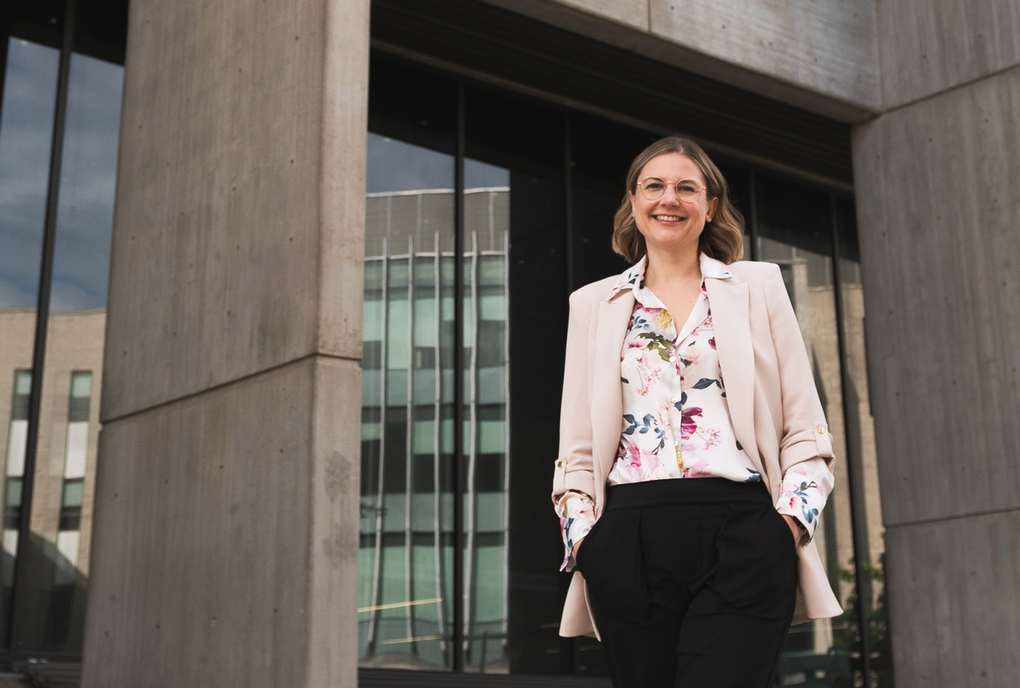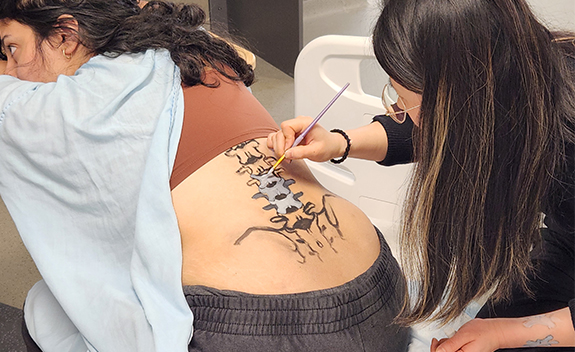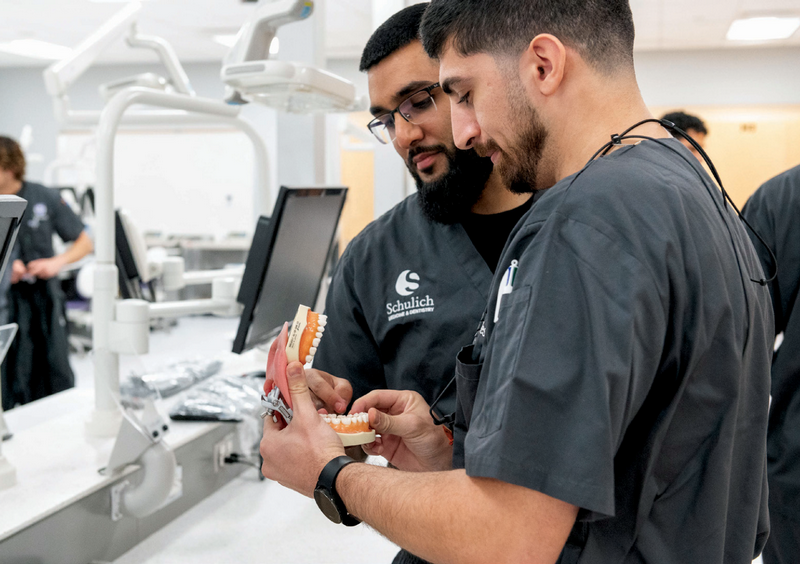Have you ever felt like you were expected to know things no one ever explicitly taught you?
This could include not knowing a term or acronym everyone is using, being unfamiliar with how to use certain technology to complete a task, or not understanding the structure of a system that influences day-to-day operations.
This unsettling feeling can be incredibly challenging and might leave you feeling unprepared or at a disadvantage in your role.
During my first year as a Schulich School of Medicine & Dentistry faculty member, while juggling the demands of my teaching-intensive role and completing a professional Master of Education (also known as my degree in empathy), I gained a deeper understanding of the implicit challenges that today’s learners face. I would later learn this phenomenon is referred to as the hidden curriculum – the unwritten and unspoken lessons, values and perspectives that students are often expected to know but are not formally taught.
The hidden curriculum impacts individuals at every stage of their education and career, shaping their experiences, successes and failures in profound ways. For students in higher education, the hidden curriculum could include understanding the purpose and benefit of office hours, communicating with professors, managing their time or knowing how to seek help and advocate for themselves in academic and administrative matters as they are not intuitive to navigate. These are just some examples we assume learners know or we expect them to acquire on their own, and are roadblocks that can significantly impact a student’s academic journey.
“The hidden curriculum impacts individuals at every stage of their education and career, shaping their experiences, successes and failures in profound ways.” —Nicole Campbell, PhD, Associate Professor, Physiology and Pharmacology 3M National Teaching Fellow
The hidden curriculum does not impact everyone equally. Depending on someone’s lived experiences or who they know (or don’t know), they might not have access to the same information as others, which could put them at a disadvantage. This creates significant inequities in education, where not all learners have the same foundational skills or knowledge of the academic environment, which can affect their overall success. Constantly trying to navigate these barriers can lead to stress, anxiety and a profound mental health impact.
I was inspired to apply for a collaborative grant to address this complex problem. The result was a cross-sector, cross-discipline project called ‘Uncovering the Hidden Curriculum.’ Our open-access website has information and resources to directly support learners and indirectly support educators. Thousands of users are accessing the site, and many have applied the resources to improve their academic experiences.
Whether you are an educator, a professional, or someone reflecting on your own educational journey, recognizing the impact of the hidden curriculum can be a transformative experience.
By acknowledging these unspoken challenges, we can all work towards more equitable and supportive environments.














